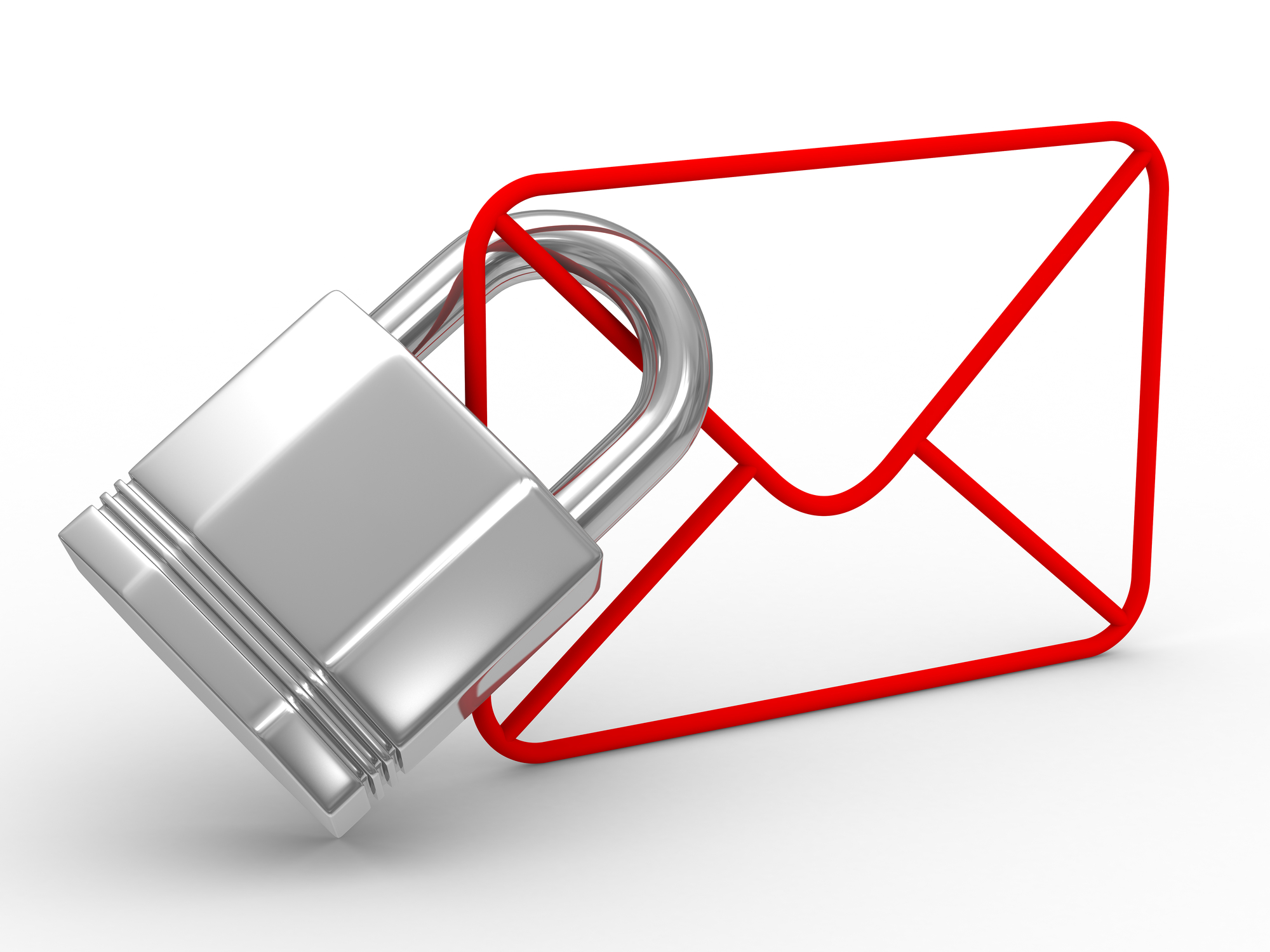
Email marketing policies in healthcare not only guide the effectiveness of campaigns but also ensure compliance with HIPAA regulations. These rules are vital for safeguarding patient privacy and the security of protected health information (PHI).
1. PHI handling and use
Define PHI within email marketing, avoiding ambiguity. Specify permissible purposes for PHI usage, tightly aligning with patient consent or authorization. Emphasize that PHI should never be used for marketing without explicit patient consent or authorization.
2. Patient consent and authorization
Detail the process for obtaining patient consent or authorization for email marketing. Maintain clear, documented records of these consents or authorizations. Specify procedures for patients to revoke consent, ensuring prompt and respectful handling.
Related: Do you need patient consent to send email marketing with PHI?
3. Secure email communication
Mandate HIPAA compliant email marketing systems support encryption. Specify encryption requirements for email content and attachments containing PHI. Stress strong password policies and multi-factor authentication for email accounts involved in PHI transmission.
4. Access controls
Explicitly define who can access patient data for email marketing within the organization. Establish access controls and permissions, ensuring only authorized personnel can access PHI. Detail protocols for reviewing and revoking access when needed.
5. Data retention and disposal
Outline retention periods for email marketing data, including patient contact information and response data. Describe secure data disposal procedures for PHI no longer needed for email marketing to safeguard patient privacy.
6. Monitoring and auditing
Monitor email marketing activities for HIPAA compliance. Specify audit procedures, including frequency and scope. Document audit trails to demonstrate compliance and for regulatory purposes.
7. Incident response
Clearly define incident response procedures for PHI breaches or unauthorized disclosures in email marketing. Describe the steps for investigation, mitigation, and reporting. Promptly notify affected individuals and regulatory authorities as required by law.
8. Employee training and awareness
Highlight the importance of HIPAA training for employees involved in email marketing. Describe training content and frequency. Convey the consequences of noncompliance with HIPAA regulations, fostering a culture of compliance.
9. Documentation and reporting
Detail the documentation requirements for email marketing campaigns, including consent forms and authorization records. Outline reporting procedures for breaches and compliance violations, ensuring timely reporting.
10. Third-party vendors
Address third-party vendor obligations to comply with HIPAA regulations when handling PHI in email marketing. Require business associate agreements (BAAs) specifying responsibilities and security standards.
These ten components, integral to email marketing policies, provide guidance and safeguards to engage patients effectively while preserving the security and privacy of their health information.
Subscribe to Paubox Weekly
Every Friday we bring you the most important news from Paubox. Our aim is to make you smarter, faster.




